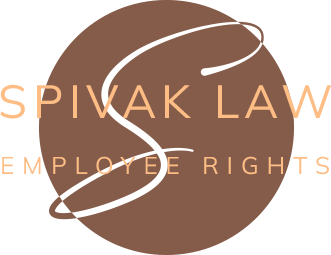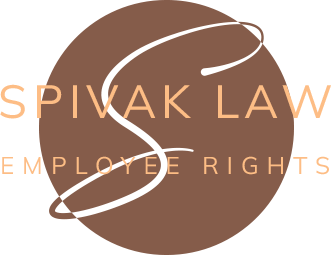
Antisemitism
Jews are a diverse group of people with a rich and varied history and culture. Jews come from a variety of ethnic backgrounds, reflecting their geographical dispersion throughout history. Judaism itself has a spectrum of observance. Some Jews strictly follow Orthodox Judaism, adhering to traditional interpretations of religious law. Jewish cultures around the world have been influenced by the local customs and traditions of the places where Jews have lived for generations. Just like any other population group, Jews hold a wide range of beliefs and values on various topics.
Antisemitism, also known as Jew-hatred, is hostility or prejudice against Jews. It can manifest in the workplace in various subtle and overt ways, creating a hostile environment for Jewish employees.
Here are some common examples:
- Stereotypes and Microaggressions: Casual comments or assumptions about Jews being greedy, good with money, or controlling. Microaggressions, seemingly minor remarks like "Let's not nickel and dime this" or "He works like he owns the place" can be constant and create a feeling of being unwelcome.
- Exclusion and Discrimination: Being passed over for promotions, overlooked for training opportunities, or ostracized by colleagues due to their religion or heritage.
- Dual Loyalty Myth: The false assumption that Jewish employees' loyalty lies with Israel or Jewish organizations, creating suspicion and distrust. While criticism of the Israeli government's policies is valid, the term "anti-Zionism" is sometimes used as a mask for antisemitism. It's important to distinguish between criticizing a government's policies and holding prejudice against an entire religious or cultural group.
- Holidays and Observances: Unwillingness to accommodate Jewish holidays like Yom Kippur or Rosh Hashanah, or making insensitive jokes about them.
- Derogatory Jokes and Slurs: Offensive comments or jokes about Jewish people, customs, or the Holocaust, creating a disrespectful and hostile work environment.
- Appropriation of Jewish Symbols: Using the Star of David or other Jewish symbols in a non-religious or offensive way.
- Offensive symbols: Display of the Nazi Swastika and Nazi salutes by coworkers is deeply offensive to Jewish people.
Antisemitism can sometimes be disguised as "positive stereotypes":
- Assigning Jewish employees to tasks based on stereotypes: For example, assuming a Jewish employee is good with finances and assigning them solely to financial tasks.
- Treating Jewish employees differently based on stereotypes: Assuming a Jewish employee is more hardworking and giving them a heavier workload.
These antisemitic behaviors can have a significant negative impact on Jewish employees, leading to:
- Reduced Job Satisfaction and Morale: Feeling ostracized or discriminated against can make it difficult to enjoy work and feel valued as an employee.
- Increased Stress and Anxiety: Constant microaggressions or a hostile work environment can create significant mental health burdens.
- Lower Productivity: Feeling unsafe or unwelcome can hinder focus and make it difficult to concentrate on work tasks.
- Difficulty Advancing in Career: Unfair treatment or lack of opportunities due to religion can limit career progression.
How to Combat Workplace Antisemitism:
- Diversity and Inclusion Training: Companies can implement training programs to educate employees about Judaism and combat antisemitism in the workplace.
- Clear Anti-Discrimination Policies: Having clear policies that prohibit discrimination based on religion and outline complaint procedures is crucial.
- Promote Religious Accommodation: Be open to discussing and accommodating religious observances like time off for holidays or dietary restrictions.
- Speak Up Against Antisemitism: Employees and managers should feel empowered to challenge antisemitic behavior and promote inclusivity.
- Bystander Intervention Training: Equipping employees with skills to intervene when they witness microaggressions or other forms of antisemitism can create a safer environment.
By creating a workplace culture of respect and understanding, employers can ensure a safe and inclusive environment for all employees, regardless of their religion.
If you are a victim of workplace antisemitism, please call us for help. Contact us online or call (877) 242-7034 for a free initial consultation. Hablamos Español (877) 452-0078.

Types of Employment Law cases we take
Contact The Spivak Law Firm Today
.2302071229196.jpg)

